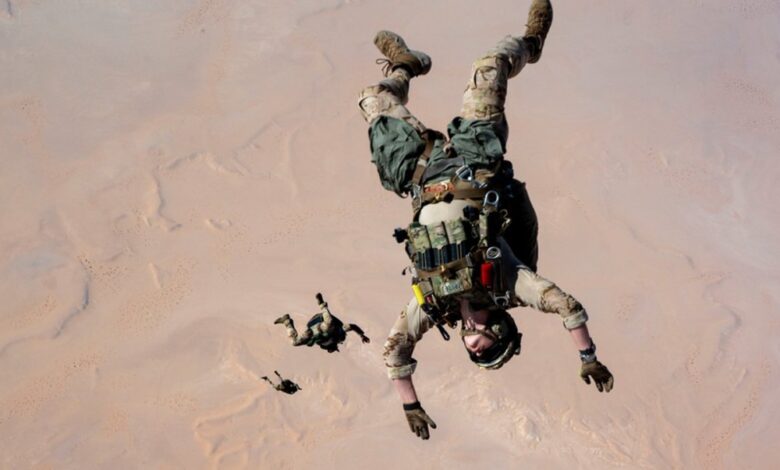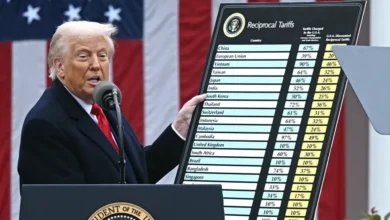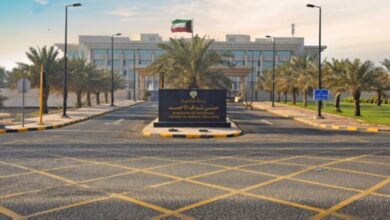
A senior Iraqi government source confirmed that U.S. forces have begun a partial withdrawal from the Ain al-Asad base in Anbar and the Victoria base near Baghdad International Airport. The move follows last week’s limited drawdown at Ain al-Asad and is part of a broader agreement between Baghdad and Washington to end the international coalition’s military mission in Iraq and transition toward a civilian-led security partnership.
While the agreement set September 2025 as the end date for coalition operations at Ain al-Asad and Baghdad, and September 2026 for the second phase, Iraqi and Arab media report that Washington has accelerated its exit. According to Sky News Arabia, U.S. officials informed Baghdad that they would not adhere to the original timetable, describing the withdrawal as “sudden.”
Separately, Erem reported that Washington has given Iraq three weeks to devise a plan for dismantling the Popular Mobilization Forces (PMF) and consolidating all weapons under state control—or face sanctions, reports Al-Jarida daily.
Sources estimate that Ain al-Asad currently hosts about 2,000 U.S. troops, while Victoria base houses additional forces tied to Baghdad Airport operations. Some of these units are reportedly being redeployed to Erbil in the Kurdistan Region. Personnel and equipment began leaving Ain al-Asad last Thursday.
The base—one of Iraq’s largest—was central to U.S. operations since 2003, bombed directly by Iran after the 2020 assassination of Qassem Soleimani, and repeatedly targeted by Iran-backed militias. Victoria base, meanwhile, served as a critical logistics hub near Western diplomatic missions and was also a frequent target of rocket fire.
The sudden withdrawal comes amid heated domestic debate. Shiite factions demand a full U.S. exit, while other political forces argue continued American support is essential to counter ISIS remnants and stabilize security. The U.S. Embassy in Baghdad has stressed that this is not the end of the coalition’s mission, noting that efforts against ISIS will continue globally and that the military role in Iraq will shift toward a bilateral security partnership.
Iraqi officials, however, view the drawdown as a political achievement. Sabah al-Numan, spokesman for the Commander-in-Chief of the Armed Forces, hailed the withdrawal as proof of Iraq’s ability to confront terrorism independently, adding that ISIS “no longer poses a threat” to Iraq’s security forces.
He insisted Iraq’s borders remain secure, though the U.S. Embassy continues to warn of ISIS and al-Qaeda’s regional expansion. Analysts caution that the American departure may create a vacuum that Iran could exploit, especially after Iranian officials openly spoke of Iraq as historically belonging to the Persian sphere of influence.
Follow The Times Kuwait on X, Instagram and Facebook for the latest news updates












